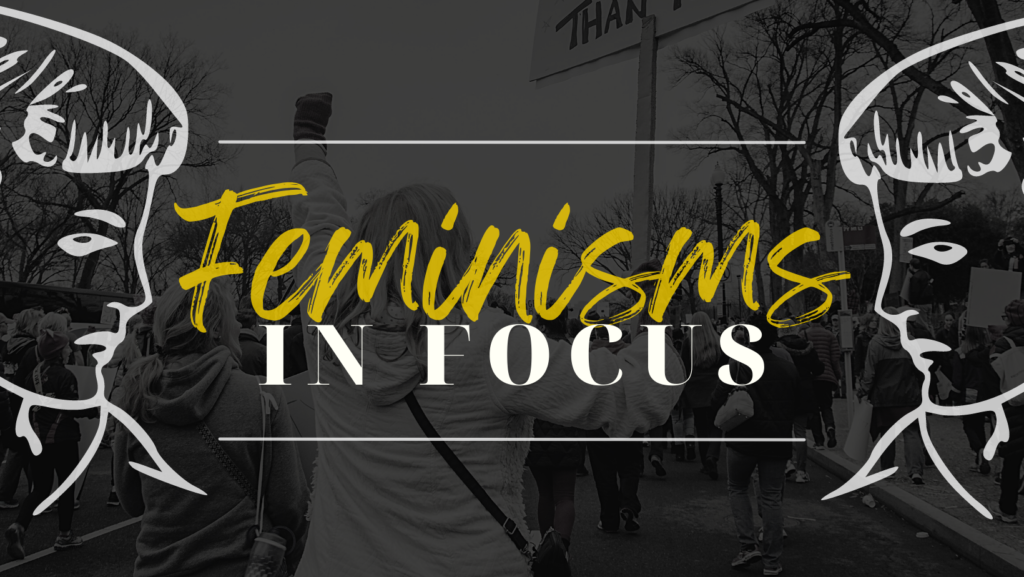

Carmela Murdocca is the York Research Chair in Reparative and Racial Justice and Professor in the Department of Sociology at York University. She is appointed to graduate programs in Sociology, Socio-Legal Studies, and Social and Political Thought. Her research examines the intersections of racialization, criminalization and the social and legal politics of repair, redress and reparations. She is a Senior Fellow at Massey College, University of Toronto and has been a Fulbright Scholar and Visiting Fellow at the Center for the Study of Law and Culture at the School of Law and the Center for Ethnicity and Race at Columbia University. Her research has been supported by the Social Science Research and Humanities Council of Canada, a Dean’s Award for Research Distinction in Social Justice Research and the Law Commission of Canada.
Your work focuses on the intersections of racialization and criminalization, especially for Black and Indigenous people in social and legal politics in Canada. What inspired you to choose this difficult but important theme as the focus for your research?
I am interested in debates about the possibilities and limits of redress for historical and ongoing racial injustice and violence. In the last 40 years and more, there has been a global trend towards amending historical injustices through practices of reparative justice which include truth-seeking, redress, restorative justice, reparations, memorialization, and reconciliation. These reparative justice measures have included apologies, public inquiries, monetary compensation, memorial and creative commemoration, and truth and reconciliation commissions. Since the 1990s, reparative justice measures have been increasingly prioritized in criminal justice reforms due in part to the disproportionate incarceration rates of Indigenous and Black people. I became interested in the incorporation of "reparative justice” into the punishment process and how reparative reform works through particular racial logics to reinforce rather than alleviate the racial violence of carcerality. I was inspired to think about how progressive liberal reform sustains racism and reinforces anti-Black and anti-Indigenous state violence. In my research, I have tried to wrestle with these issues through maintaining a focus on twin currencies in Canada—the racialized inhumanity of the carceral punishment system and the politics of redress and reconciliation.
A little more than ten years ago, in your article “From Incarceration to Restoration: National Responsibility, Gender and the Production of Cultural Difference,” and also in your 2013 book, To Right Historical Wrongs, you suggested that the Canadian state pretends to take responsibility for the over-incarceration of Indigenous peoples, but that the process for doing this within the Canadian legal system actually absolves the Canadian state of this responsibility. Has anything changed since then, given that we have had, for instance, the Truth and Reconciliation Commission in 2015 and the recent confirmation of graveyards with Indigenous children at the sites of residential schools?
We need to really question what accountability and responsibility can mean in this context. A purported national, governmental, and institutional focus on accountability, responsibility and even reconciliation has done little to alleviate the racism, violence, and dispossession at the root of the racial colonial state. In the last 25 years, the locking up of Black and Indigenous people has worsened despite “reparative” policy and law that purports to address the problem of incarceration. This systemic racism must be viewed as internal to liberalism rather than as a social phenomenon that liberal reform can rectify. Given this, we must ask how the racial governance of violent punishment intersects with the fiction of progressive liberalism. What amount of racial and colonial violence, epitomized by the carceral state and made bare by the unmarked graves of Indigenous children, is enough to fundamentally question the racial, colonial, and violent dispossession that liberalism maintains?
On August 13, 2021 the government of Canada gave a news release that Canada recognized the role of systemic racism for Black and racialized people in the justice system and now sentencing judges must take this into account during pre-sentencing. Given your work in this area, do you expect this to bring about real change or is this rather unlikely?
Recently, there has been a series of significant legal decisions and public commentary that has reflected on and determined that enhanced pre-sentence reports should be made available for Black Canadians in the criminal justice process. In these cases, judges have considered how systemic racism and structural disadvantage, similar to Indigenous people but specific to Black Canadians, have affected the lives of particular Black defendants. The aim and intent of Impact of Race and Cultural Assessment (IRCAs) or Enhanced Pre-Sentence Reports (EPSR), as they are referred to, is to contextualize how being Black in Canada involves experiencing historical legacies of slavery and anti-Black racism, gendered systemic racism, surveillance, and criminalization. These cases follow an increasing pattern of legal cases, policy, and institutional responses that seek to formally recognize systemic anti-Black racism. I am concerned that much like the recognition of the effects of colonialism for Indigenous people, the increasing official recognition of anti-Black racism will populate the legal, policy and institutional landscape as an abstraction and the particular and nuanced experiences of anti-Black racism will remain obscured behind the naming.
You were recently named a York Research Chair (YRC) in Reparative and Racial Justice. This gives you more time to pursue your research and mentor emerging scholars. As YRC, what do you hope to investigate and learn? As an engaged intellectual, how do you hope to inform socially just change through this new role and research?
The York Research Chair in Reparative and Racial Justice promotes critical reflection and exploration about global and local histories of racial injustice and contemporary socio-legal remediation. The goal of the YRC is to bring together graduate students, faculty and community advocacy groups interested in interdisciplinary analysis and practice of the role of reparative justice in attending to difficult histories of racial injustice. Thus far, the resources made available by the Chair has brought together a group of eight doctoral students working as a Collaborative for Reparative and Racial Justice on issues concerning the impact of incarceration, detention, and deportation on Black, Indigenous and People of Colour, the discursive strategies used in populist politics, the role of memory and memorialization in gendered and sexualized violence, and on the socio-legal limits and possibilities of decolonization. We are connected to a broad range of community-based advocacy groups, and through our upcoming initiatives and research, the Collaborative will function as a vehicle for exploration and an avenue to support advocacy and activism.
Serena Aprile is a sociology student minoring in French at York University Glendon Campus.

